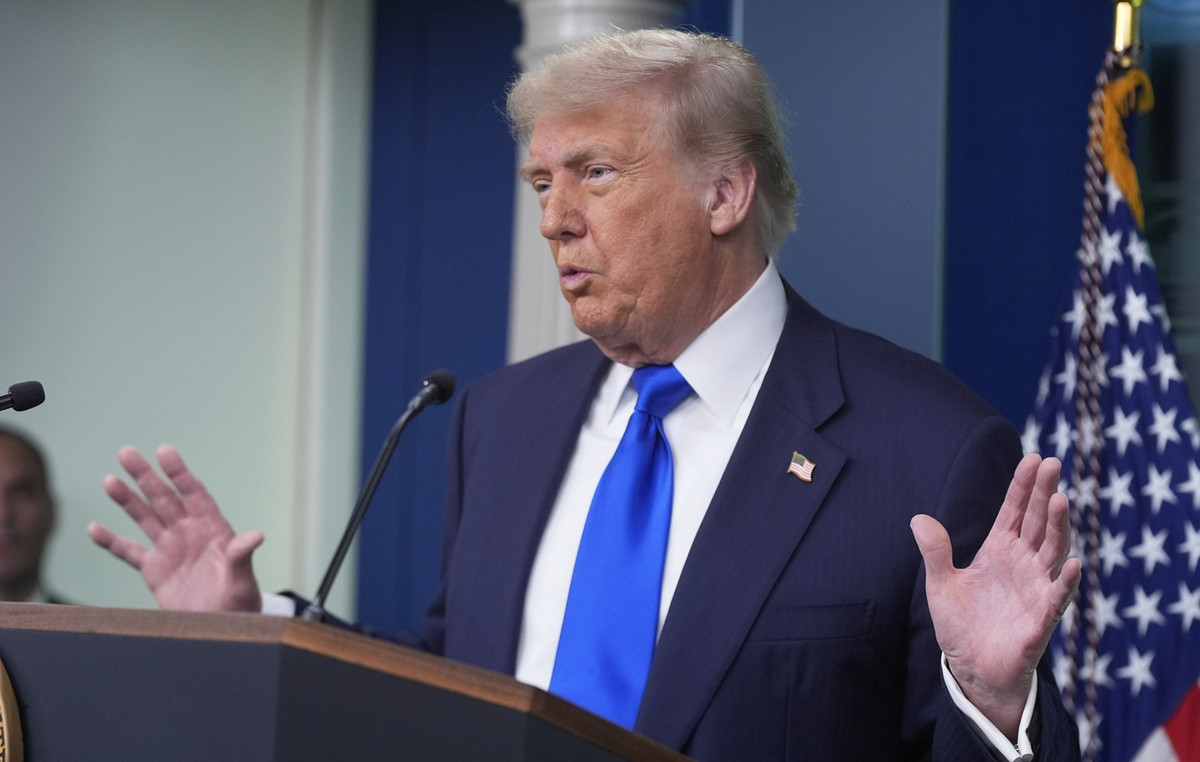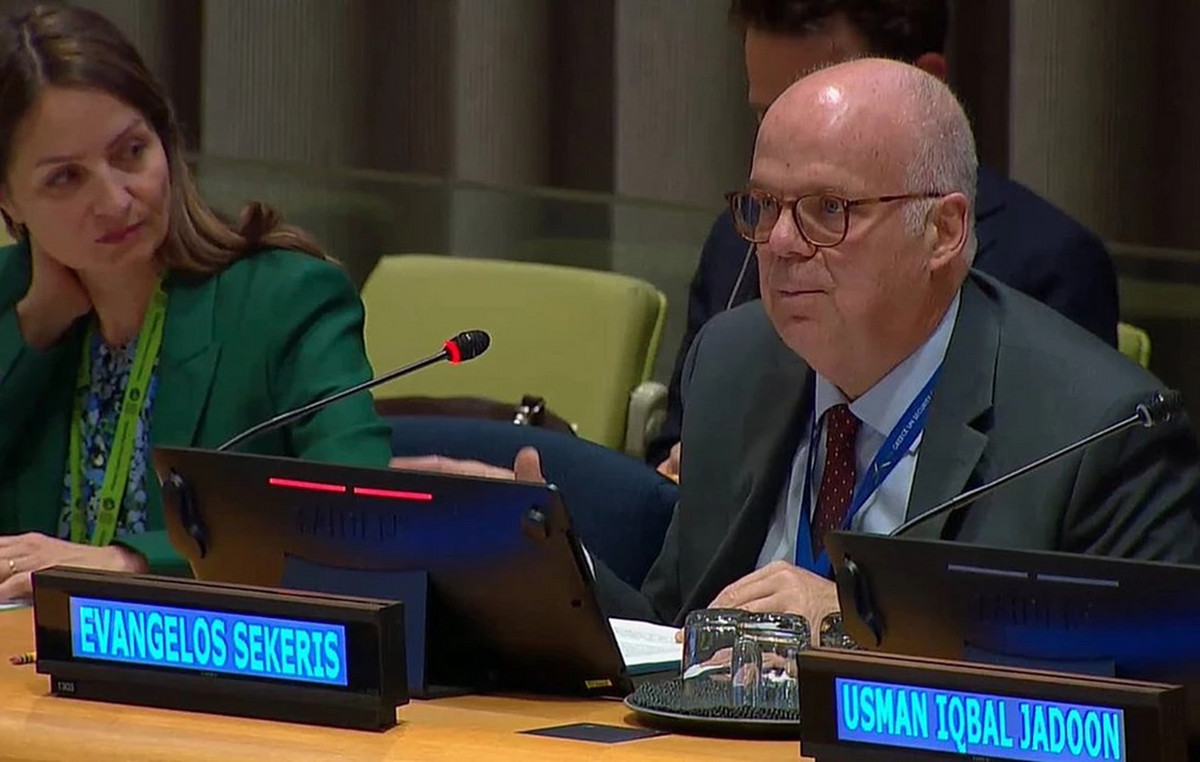Her Eleftherias Kourtali
The long-awaited decisions of the ECB for Greece, which had recently created pressure on the bond market, are, according to analysts, a strong support signal for the country, which means that the central bank will be present in the market until it recovers. the investment grade.
According to HSBC, the key word in the ECB meeting was “flexibility”, which was mentioned by Christine Lagarde six times in her introductory speech, and many other times during questions from reporters. The first flexibility concerns PEPP reinvestments, which have been extended to 2024 (from 2023 previously) and “can be flexibly adjusted over time, asset categories and jurisdictions at any time”. This will enable the ECB to “change” German bonds maturing into Italian or even Greek, for which a specific exception – and very “rare” according to Ms. Lagarde – was made despite the fact that Greece does not has an investment grade.
One “issue”, however, according to HSBC, is that this can only happen “in the event of renewed market fragmentation related to the pandemic”, which could make it difficult to decide in the future whether the fragmentation is due to the pandemic – in particular, since the decision to end the PEPP definitively in March, the ECB seems to have an indirect view that the pandemic phase is over, or to other factors that may not justify the same treatment, such as political risk.
There may also be some technical details, as it is difficult for the Bundesbank to want to exchange German bonds for Italian ones in its balance sheet, and possibly the ECB could set up a central “function” to deal with at least part of the reinvestment, kind of buffer.
As for Greece, as HSBC points out, perhaps more than the reinvestment decision itself, the important thing, in her view, is that Lagarde stated that an individual country exception was “rare” and that it was supported by the entire Board of Directors. “For us, this is a strong message that the ECB has no intention of leaving Greece until the pandemic is over, which could well be enough to bridge the gap until the country regains its investment status. “.
For its part, the Société Générale characterizes yesterday’s decision of the ECB as an important relief for Greek bonds. As he notes, PEPP will expire in March, but it may start again and flexibility is maintained through reinvestment. Purchases of net assets under PEPP are expected to be lower in the first quarter of 2022 compared to the fourth quarter of 2021 and will be discontinued at the end of March. But the end of March will not mark the end of the program, which remains open. The ECB may indeed restart clean markets under the PEPP, if necessary, “to address the negative pandemic shocks”. Lagarde confirmed that this would require a decision from the Board.
The ECB also extended PEPP reinvestments at least until the end of 2024 and decided to use them flexibly (in the long run, asset classes and jurisdictions). This aims to maintain the flexibility of the PEPP and to stop any unjustified expansion of the spreads while at the same time guaranteeing substantially sufficient “ammunition” for the purchase of Greek bonds. According to the French bank, however, what is certain is that in 2022 we are entering a period of rising yields on eurozone bonds as the ECB policy is gradually normalizing, and this applies to Greek bonds without exception.
Read also:
* “Shield” for the Greek economy by the ECB
* What do the ECB decisions mean for Greek banks?
.
I am Sophia william, author of World Stock Market. I have a degree in journalism from the University of Missouri and I have worked as a reporter for several news websites. I have a passion for writing and informing people about the latest news and events happening in the world. I strive to be accurate and unbiased in my reporting, and I hope to provide readers with valuable information that they can use to make informed decisions.







